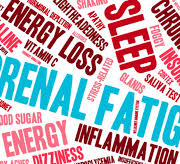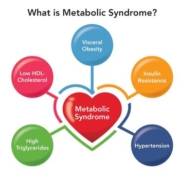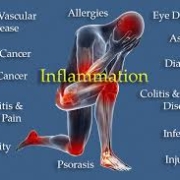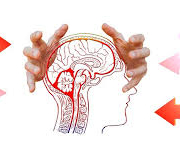How Chronic Stress Affects Your Sleep!
Do you have a hard time falling asleep or staying asleep when you’re stressed?
Both of these problems come from your adrenal glands, the makers of your fight or flight hormones, working overtime.
When your body handles short bursts of stress well, your adrenal glands have time to rest and recover, and are ready to handle more stress the next time you have it. Chronic stress doesn’t give your adrenals time to recover, and you start losing energy and the ability to regulate your sleep.
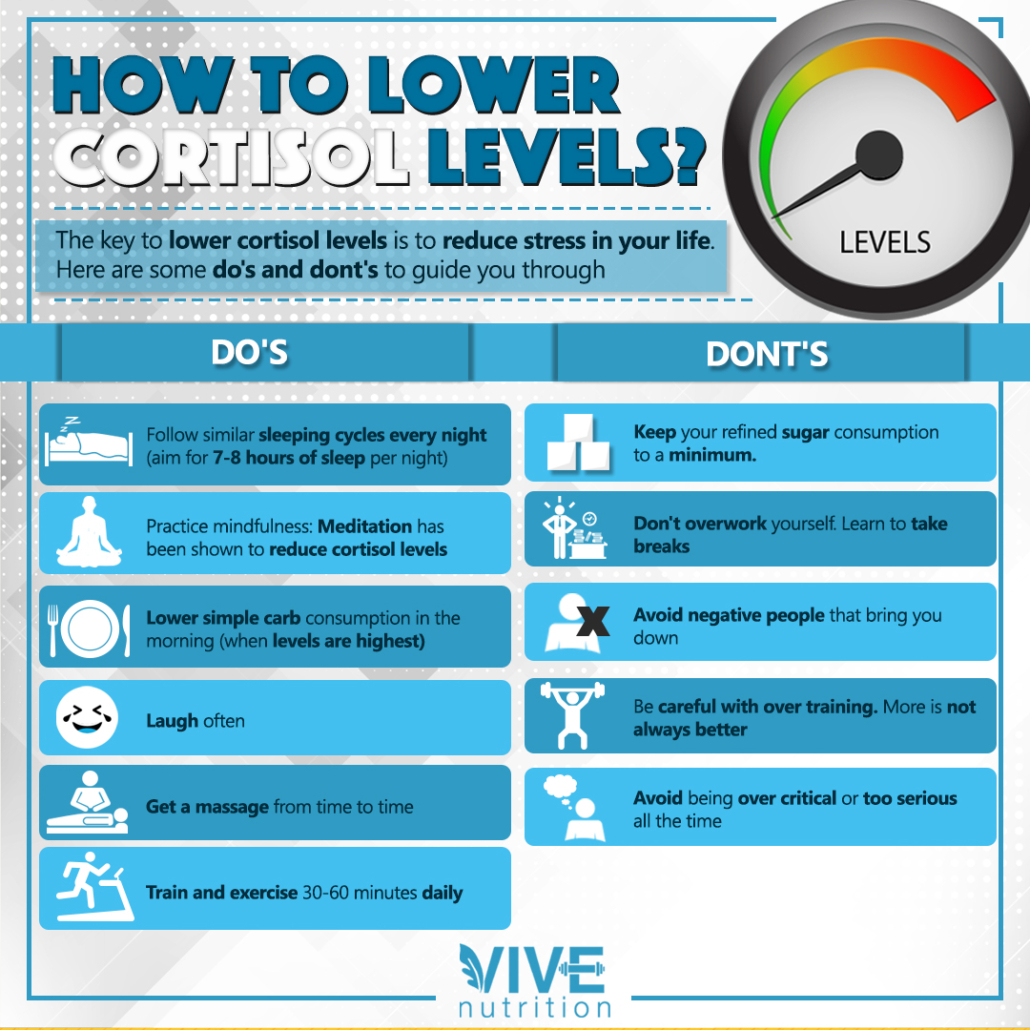
Trouble Falling Asleep
We’re usually stressed during the day, but it takes a long time for the stress hormones to fade, up to 8 hours. This can make it difficult to fall asleep. Not being able to get to sleep also makes you tired and even more stressed the next day, creating a vicious cycle of stress, adrenal fatigue, and poor sleep.
Trouble Staying Asleep
Stress hormones aren’t always the bad guys when you’re trying to sleep. Strange as it may seem, we actually need them, because they keep us asleep.
Cortisol is a stress hormone that regulates blood sugar, which needs to stay within a certain range while we’re asleep. When our stress hormones are overworked during the day, they are worse at keeping blood sugar high enough during sleep.
If your blood sugar dips below a certain level, it triggers a burst of adrenaline to release more sugar into the blood, which has the unfortunate side effect of waking you up in the middle of the night.
How Do We Adjust This Process?
In order to fix your sleeping problems, we need to look at a number of factors. We’ll ask you about your sleep patterns, diet, fluids, and exercise, as well as help you find ways to reduce the chronic stress in your life.
Our adjustments assist with stress reduction by allowing your brain and body to become better connected and less vulnerable to stress.
If you have any questions, please feel free to contact our office at (608) 276-7635.
Here’s To A Better Life,
Dr. Steve Puckette

